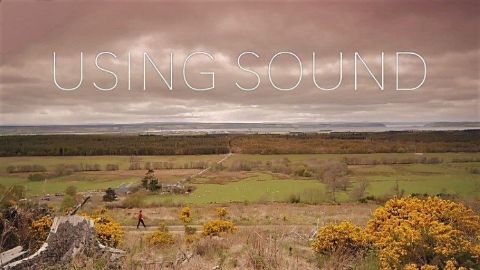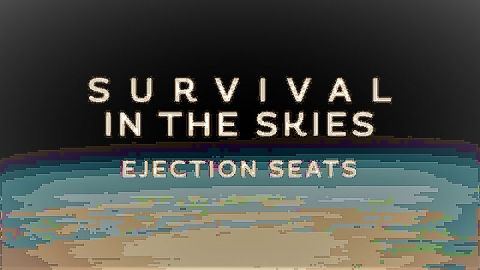Gravity and Me: The Force that Shapes Our Lives • 2017
Jim Al-Khalili investigates the amazing science of gravity, recreating groundbreaking experiments, including the moment when Galileo first worked out how to measure it. He investigates gravity waves, finds out from astronauts what it's like to live without gravity, sets out to find where in Britain gravity is weakest and so where we weigh the least, and helps design a smartphone app that volunteers use to demonstrate how gravity affects time and makes us age at slightly different rates.
Make a donation
Buy a brother a hot coffee? Or a cold beer?
Hope you're finding these documentaries fascinating and eye-opening. It's just me, working hard behind the scenes to bring you this enriching content.
Running and maintaining a website like this takes time and resources. That's why I'm reaching out to you. If you appreciate what I do and would like to support my efforts, would you consider "buying me a coffee"?
Donation addresses
BTC: bc1q8ldskxh4x9qnddhcrgcun8rtvddeldm2a07r2v
ETH: 0x5CCAAA1afc5c5D814129d99277dDb5A979672116
With your donation through , you can show your appreciation and help me keep this project going. Every contribution, no matter how small, makes a significant impact. It goes directly towards covering server costs.





